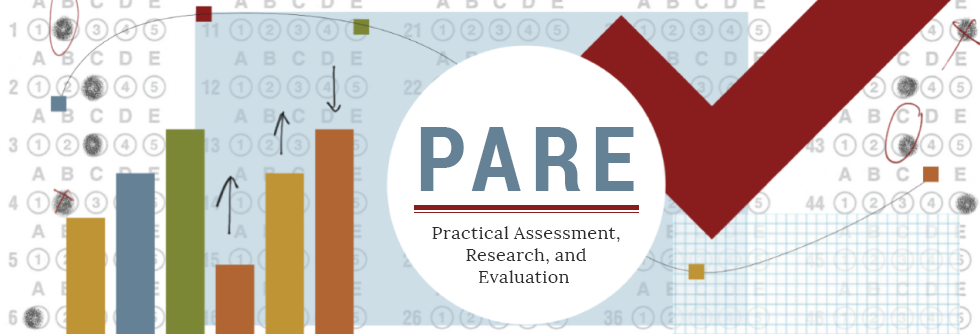A Framework for Evaluating Stopping Rules for Fixed-Form Formative Assessments: Balancing Efficiency and Reliability
Abstract
Stopping rules for fixed-form tests with graduated item difficulty are intended to stop administration of a test at the point where students are sufficiently unlikely to provide a correct response following a pattern of incorrect responses. Although widely employed in fixed-form tests in education, little research has been done to empirically evaluate the stopping rules in these tests that often have important instructional and/or placement implications for students. In this manuscript, we propose and research a framework for evaluating stopping rules with respect to two important and sometimes conflicting criteria: (1) efficiency, and (2) reliability. Using this framework, we provide an example in which we apply three increasingly complex methods for evaluating efficiency and two methods for examining reliability.
Keywords: formative assessment, reliability, measurement efficiency, Item Response Theory
How to Cite:
Basaraba, D. L., (2020) “A Framework for Evaluating Stopping Rules for Fixed-Form Formative Assessments: Balancing Efficiency and Reliability”, Practical Assessment, Research, and Evaluation 25(1): 8. doi: https://doi.org/10.7275/16754500
Downloads:
Download PDF
View PDF
804 Views
213 Downloads
